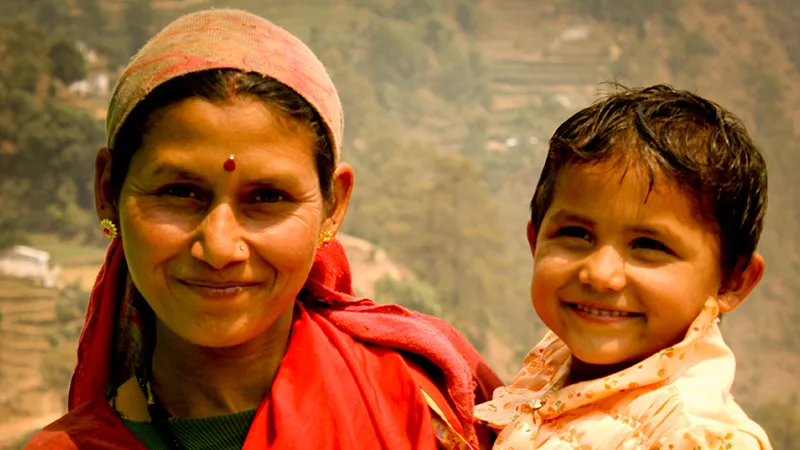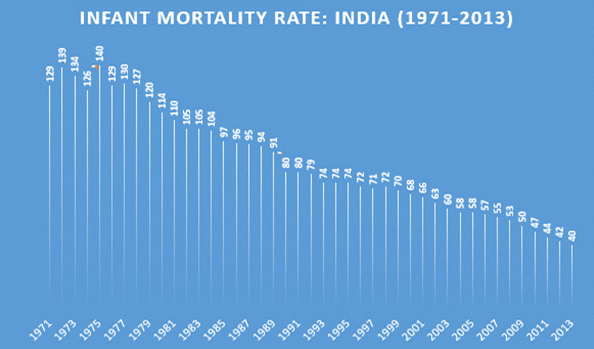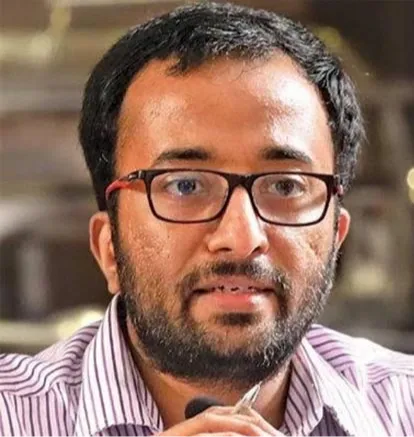
Earlier in May, reports indicated that the National Institution for Transforming India (NITI Aayog) is changing the way it plans by shifting to 15 year roadmaps instead of five-year plans. NITI will soon prepare a 15-year vision document, which will formulate ways through which India can achieve its broader social objectives to meet the United Nation’s 2030 Sustainable Development Goals. This new approach, it is reported, combines long-term vision with medium-term national agenda and a short-term action plan. Such a roadmap with comprehensive goals, clear deadlines and measurable targets holds much promise for India.
In a related development, the Ministry of Health & Family Welfare (MoHFW) came out with ‘The Delhi Commitment on Sustainable Development Goal for Health’, at the National Consultation on Transitioning from MDGs to SDGs. The event saw participation from senior health officials of nearly all states and union territories of India, apart from forty prominent institutions and agencies working on health and related aspects. The key objectives of the meeting were to discuss the Sustainable Development Agenda and the role of health; orient and consult all major national and state-level stakeholders on adoption and implementation of SDG-3; discuss policy options for implementing the Health SDG in India; and discuss options for strengthening the health systems response to various challenges.
Discussions on India’s health situation tend to dwell upon mostly on the failures of the system. At the same time, the immensity of the challenge should not take away from the remarkable achievements of the Indian healthcare system over the years, particularly, given the vastness of the country, the diversity of its people, and — most importantly — the hugely inadequate amount that the government spends on healthcare. We have come a long, long way over the last few decades, as the following set of four charts shows.
 Source: Office of the Registrar General & Census Commissioner, India (2016)
Source: Office of the Registrar General & Census Commissioner, India (2016)
In the SDG era, the government intends to build on these achievements and go beyond the relatively narrow focus of the previous era. The Delhi Commitment promises to “build upon the achievements of the Millennium Development Goals and finish the unfinished agenda of preventing avoidable deaths of mothers and children, end the epidemic of communicable disease and combat the increasing burden and risk factors leading to Non-Communicable Disease including mental illnesses and road traffic injuries."
The Delhi Commitment acknowledges that health and well-being are core pillars for happier societies, economic growth and sustainable development. It goes on to say: “We commit to Universal Health Coverage for all so that every Indian citizen irrespective of social or economic status has access to good quality affordable health services they need, without facing financial hardship."
The Commitment roots for strengthening public health systems and for a system of universal comprehensive primary health care as non-negotiable strategies towards UHC. It urges to make people and communities partners, and collaborate with private and voluntary sectors to achieve a unified and responsive health system capable of providing people centered comprehensive health services (preventive, promotive, diagnostic, curative, rehabilitative and palliative) across the levels of care (primary, secondary and tertiary) and through the life course.
In response, there is widespread enthusiasm in the states: the Government of Assam has already officially adopted SDGs and has constituted eight working groups with representatives of concerned departments to prepare action plans for achieving the goals. According to the NITI Aayog, all departments in Assam have been directed to set up an exclusive cell for the SDGs and develop a charter of activities.
It is clear that India has a long way to go to achieve the Sustainable Development Goals by 2030. However, mainstreaming Sustainable Development Goals does not seem to be as difficult a task in India as it may be in many other countries, given the fact that India’s national goals have historically been more ambitious than the UN goals, evident from the MDG experience.
Despite having ambitious goals, India has had a mixed record in terms of implementing programmes and schemes to achieve those goals, particularly in health and nutrition. It is in this context that ORF is rolling out its Health Forum, focusing on the implementation of Sustainable Development Goals (SDG) for health and nutrition. Building on the SDG related work that ORF has already undertaken, the Health Forum aims to track the implementation of health and nutrition targets of the SDGs, specifically around Reproductive, Maternal, Newborn and Child (RMNC) population categories. The Forum’s work will revolve around events and knowledge products on:
- Negotiating the data gaps and challenges,
- Overcoming fragmented policy/implementation, and
- Securing effective and innovative financing.
Each of these issues present massive challenges to the policymaking community in health and nutrition. Finances are, by consensus, a binding constraint in India’s case. But, policy bottlenecks in a fragmented landscape can affect service delivery as well. For example, Sehat Telemedicine Initiative which the government launched last year in collaboration with Apollo Hospitals to establish panchayat level common service centres across the country does not have the Ministry of Health involved in decision making or implementation roles .
Similar is the case of health data and monitoring in the country: there’s something strangely similar about Indian farmers and Indian health researchers. Traditionally, their livelihood depends on an input quite irregular and often unpredictable — rainfall in the case of the former and data in the case of the latter. Things may have improved lately, but formidable obstacles remain before we have timely health and nutrition indicators from the block or even the district level. The Delhi Commitment acknowledged the need to invest in health data collection, analysis and research so that evidence could inform policies and strategies.
A rare, and quite unusual global convergence between health activists and researchers of international agencies like the World Bank and WHO emerged earlier this year, over a change in the main health financing indicator in the global SDG monitoring framework. This global consensus may have influenced the final set of indicators, though one is not sure yet. However, this brings into focus how multi-stakeholder engagement focusing on low hanging fruits can often show a way forward, even in a situation of polarised policy debate.
What ORF’s Health Forum aims to achieve is to bring all relevant stakeholders of implementation, financing and monitoring of the SDGs together to discuss policy options, and define collaborative work that can overcome issues that seem like binding constraints now. Starting with a series of multi-stakeholder consultations which will discuss the nationalisation of the SDG indicator framework, the Initiative will also regularly bring out high quality knowledge products around the issues of RMNC health and nutrition targets of the SDGs.
The views expressed above belong to the author(s). ORF research and analyses now available on Telegram! Click here to access our curated content — blogs, longforms and interviews.




 Source: Office of the Registrar General & Census Commissioner, India (2016)
Source: Office of the Registrar General & Census Commissioner, India (2016) PREV
PREV


